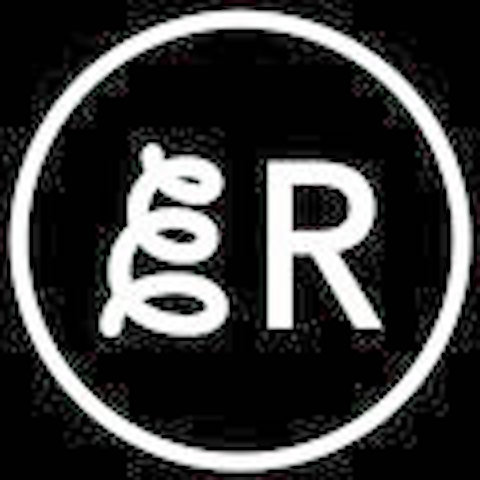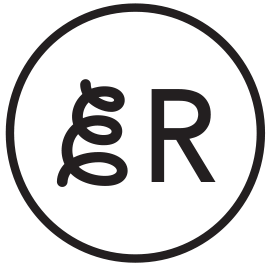

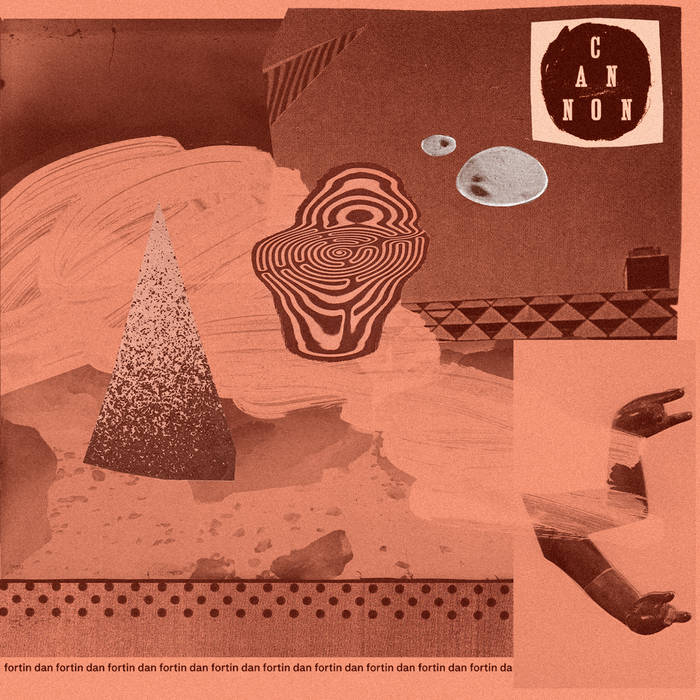
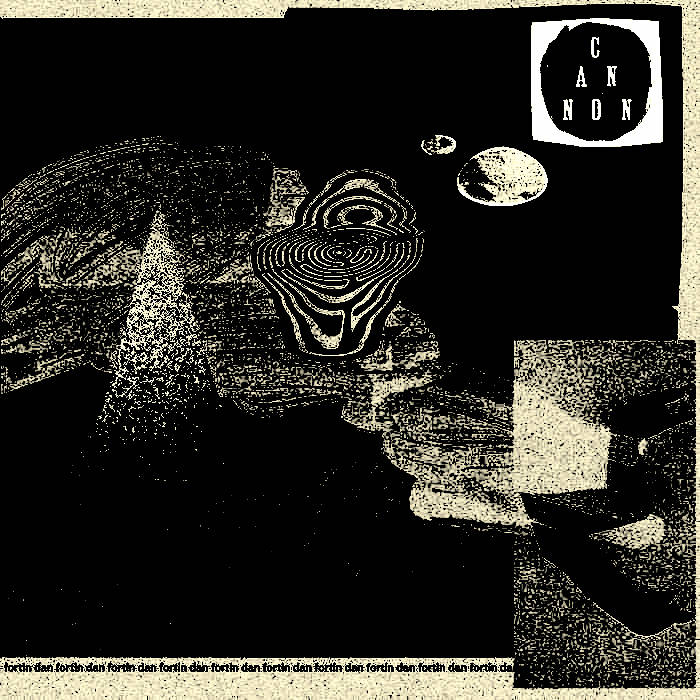
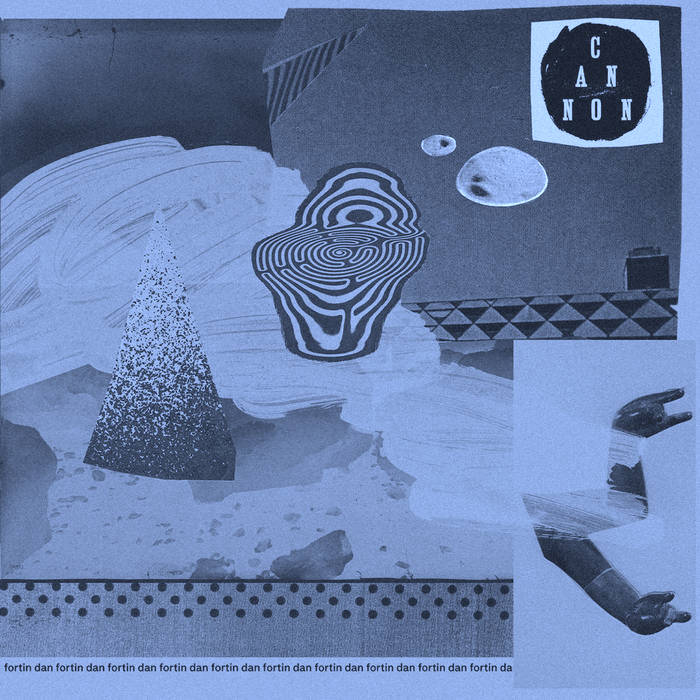
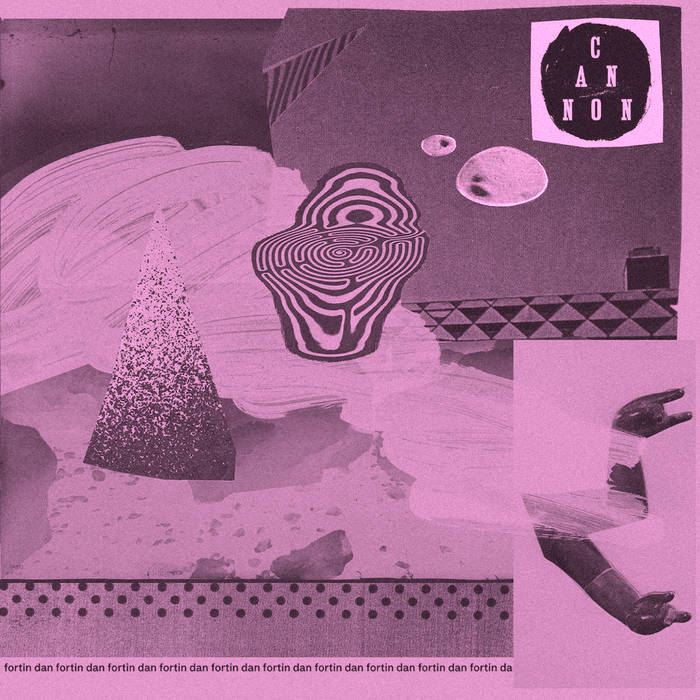
Bassist and composer Dan Fortin’s varied musical output is a vivid illustration of the extent to which restlessness can drive creativity.
The Hamilton, Ontario resident maintains an omnivorous musical diet in a vast assortment of projects across numerous styles. Fortin released his debut BRINKS in 2015 with Fresh Sound/New Talent Records. The critically acclaimed record features long time collaborators David French, Michael Davidson, and Fabio Ragnelli, and includes ten of his songs, all of which inhabit variations on the jazz idiom. In 2020, he released The Latest Tech, a less-classifable collection of double bass solos that betray a fascination with structure, space, and rhythm. The album came out as a digital release and sheet music with Elastic Recordings, the suitably eclectic imprint that he runs with the aforementioned Davidson, which is also home to the present release.
Fortin is also known as a member of the increasingly experimental pop outfit Bernice (Telephone Explosion Records), Toronto supergroup Queer Songbook Orchestra, and violinist Aline Homzy’s colourful Aline’s étoile magique. He also co-leads the JUNO- nominated MYRIAD3, along with pianist Chris Donnelly and drummer Ernesto Cervini.
Anyone tempted to chalk Fortin’s various guises up to mere ‘gigging’ need not look any further than Fortin’s forthcoming LP Cannon to witness his curious artistry at work. The record illuminates his eccentric pluralism through a series of ten unclassifiable, pop-song-length compositions that enlist an assortment of different guests including Karen Ng (collaborator to the likes of Weather Station, Lido Pimienta, and —__–___ ), Philippe Melanson (Sam Gendel, Bernice, Eric Chenaux Trio), Tom Gill (Bernice, Fievel Is Glauque, Joseph Shabason, Beverly Glenn-Copeland, Chaka Khan), Canadian jazz and contemporary music mainstay David Occhipinti, and others.
Much of the album is pared-down in feel and even when Fortin or his collaborators provide additional layers, the perceived scope remains contained, a choice that ensures his delightfully odd sensibilities remain in the foreground. This sparsity can be traced back to the original vision that Fortin had for the record. Initially it was conceived as a follow-up to The Latest Tech, and was also intended as a solo double-bass record. However, when Fortin ended up in Calgary for a spell during the early days of the pandemic with just a bass guitar, the original image he had of the album began shifting toward a dreamlike patchwork of sounds and ideas.
“Minty” was the piece that first unlocked this desire to work collaboratively. After recording his part on electric bass, Fortin’s immediate thought was to contact the brilliant and ubiquitous Toronto saxophonist Karen Ng to play on the track. Ng’s reply exemplifes the surreal quality that permeates the album. The solo she unfurls begins almost conventionally around the track’s 30 second mark, gradually growing more fractured and impassioned. By the one and a half minute mark, she has exited the track entirely, leaving Fortin’s bare, elusive bass to close out the remaining duration.
His invitation to longtime collaborator, vibraphone virtuoso Michael Davidson, yielded something very different than he had first
imagined. Rather than the deft mallet work for which he is known, Davidson contributed a knot of abstract synth textures. And in keeping with the emergent exploratory spirit of the project, Fortin embraced the surprise, elaborating on it with his own electronics.
“Act II,” featuring his Bernice bandmate Philippe Melanson, deviates even further from the initial formula. It started life as a sequel to “Act I” from The Latest Tech—audibly so—but distills its acoustic predecessor’s nimble bounds across the bass’ full range to a curious and skeletal bounce. Scattered throughout this lean bassline is a wild assortment of sonic disruptions—bursts of noise, truncated ambience, jittery arpeggiations, and the cubist samples that Melanson hurls from behind his electronic drum kit.
“Palms” even stretches the notion of remote collaboration beyond its breaking point repurposing some drums recorded by Fabio Ragnelli from the BRINKS session to bring some urgency to an otherwise eerie and ethereal composition featuring Fortin alongside the ever-versatile keyboardist Yunjin Claire Lee.
While Fortin is certainly fond of unexpected timbres and forms, other tracks place his penchant for lyricism upfront. “Uh Hundred”, which opens the album, features the piece’s inspiration David Occhipinti whose yearning guitar coasts over the spacious and wistful bass. On “Eastern Side Of The Ural Mountains” double bass traces a meandering path through synth billows produced by him and his brother Jos. Fortin (the piece’s composer). “Question Song,” featuring trumpet player Madeleine Ertel, begins with an elegant melodic open endedness, but around the piece’s half-way point this dissolves as a chorus of trumpet whispers and a fuzz-laden bass drone subsume the soundscape.
Cannon is a record that constantly reignites intrigue in the listener. Its surface of minimalist detachment is a cunning disguise that allows the array of unusual elements within each track—even the most subtle ones—to elicit wonder and perplexity from listeners.
-nick storring (riperian media)

